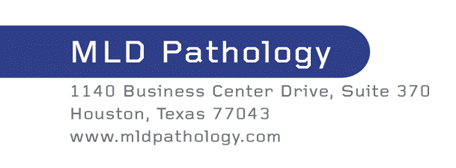Today’s Internet-based security/surveillance solutions, like many new web-based technologies, are both inexpensive and amazingly efficient. How cool is it to have ‘24 by 7’ access and a view of multiple areas of a company’s offices from a manager’s smartphone? While employers are looking at this technology as a tool to help them curb workplace theft, bogus worker’s compensation claims and a host of other difficult issues where video evidence might make a difference, it is equally important for them to consider the legal issues involved and potential liability for infringing on the privacy rights of their employees, customers and visitors.
Currently federal law and many state’s laws do not prohibit employers from using ‘video only’ monitoring in the workplace as long as:
– The video devices are not hidden from view
– The video devices are being used for legitimate / lawful purposes (safety, security, etc.) and are not used in violation of the NLRA (National Labor Relations Act) to record protected union activity
– The video devices are not located in areas where employees would have a reasonable
expectation of privacy (bathrooms, change areas, etc.)
– The employer notifies employees in writing (policy, handbook or both) that said video devices are being used
– The audio function is disabled
Federal and state law however restricts employers from enabling/using the audio capability and requires “consent” of the persons being video taped with the audio enabled. The exact legal definition of “consent” is hard to pin down, can vary from state to state and is to some extent evolving from ongoing courtroom decisions. Two major themes that emerge are that in order for the audio to be legal the employer must, at a minimum:
Make sure to post plenty of signs at entrances and throughout the workplace that video cameras with audio capability are being used for safety and security purposes
Make sure employees know that the audio is turned on by providing them with a written document to that effect
Make sure all cameras are clearly visible and not hidden or concealed
Make sure the owner of the business is aware and has given written approval that video/audio devices are being used on the premises
Bottom line is this – employers considering use of video surveillance systems need to make sure that they have identified legitimate objectives and that their written policies adhere to their state’s legal requirements. Achilles Group can assist you in researching and developing these policies. Getting a second opinion from a qualified attorney may be well advised before turning the audio capabilities on.
















































